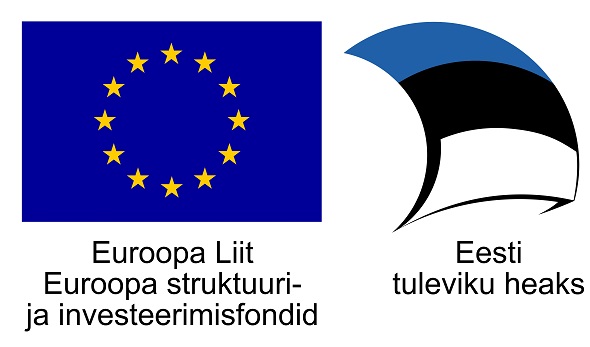Mobility scheme for artists and/or cultural professionals

Artistic and cultural mobility has increasing received policy attention both at European Union and national levels. Mobility has always been a policy priority under the European Agenda for Culture and a crucial component of the Creative Europe programme. More recently, Culture ministers have explicitly called upon the European Commission to investigate the possibility of setting up a specific mobility action for artists and culture professionals.
Some opportunities for the international mobility of artists and/or cultural professionals exist with the support of public institutions, private foundations and/or NGOs, at local, regional, national, European and international level. At national level the situation is quite varied and at EU level, several EU programmes and funding instruments offer various opportunities for cross-border mobility activities that may include the cultural and creative sectors. However, none are specifically focused on the needs of artists or cultural professionals but rather on formal education, entrepreneurship or volunteering. The Creative Europe programme supports the mobility of artists and/or cultural professionals but only within cooperation projects and platforms.
This Call for Proposals is the second initiative taken by the European Commission in organising mobility for artist, attempting to address these shortcomings and in line with the 2019 Annual Work Programme for the implementation of the Creative Europe Programme.
The first initiative is the pilot scheme i-Portunus, which is currently being implemented, following a Call for Tenders, by a consortium headed by the Goethe Institute. The beneficiaries selected under this Call for Proposals are requested to review the current i-Portunus projects and build upon it. In addition the beneficiaries will have access to the recommendations, electronic portal, electronic forms and other tools developed by the i-Portunus project, including the name and logo which will be delivered to the European Commission by the end of February 2020.
Read more here.





